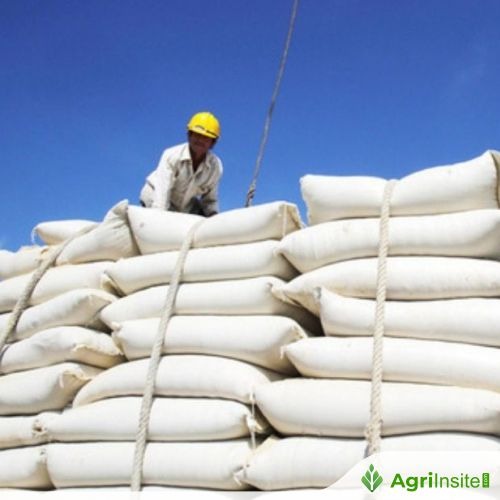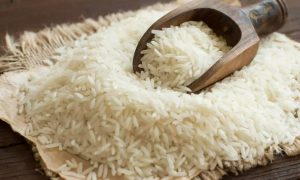Thailand Commerce Ministry eager to beef up rice exports

Thailand’s Commerce Ministry plans to enhance rice exports by supporting small businesses. A January 17 meeting will discuss reducing stockpile requirements and lowering export fees to facilitate access for small enterprises. The initiative aims for results in the first quarter of 2025. A focus on trade liberalization will strengthen Thailand’s position in global rice markets.
The Commerce Ministry wants to expedite rice trade liberalisation with a meeting scheduled for Jan 17.
The meeting is meant to finalise measures to help small businesses become rice exporters, aiming to achieve tangible results in the first quarter this year.
During a meeting Friday to address urgent policies, Commerce Minister Pichai Naripthaphan said he is directing all departments to hasten the implementation of 10 key policies.
The focus is supporting Thai business expansion and competition in global markets, especially for the rice trade.
Data from export licences indicates rice exports tallied 9.97 million tonnes in 2024, with value expanding by 15%.
He said this positive trend presents opportunities for small exporters.
The meeting on Jan 17 is expected to explore measures such as lowering the legally mandated rice stockpile from 500 tonnes to reduce costs for exporters, as well as reducing export fees from the current level of 50,000 baht.
All proposed changes will be submitted to the cabinet for approval, said the ministry.
Wittayakorn Maneenetr, director-general of the Internal Trade Department, said these policies are designed to enable small players, including farmers and agricultural institutions, to become exporters.
Initially, small groups will not need a stockpile for exports. For small enterprises with registered capital of 5-10 million baht, the stockpile requirement will be reduced to 100 tonnes, he said.
Those with capital of 10-20 million baht must meet the 500-tonne requirement, while firms with capital exceeding 20 million baht must maintain a 1,000-tonne stockpile, according to the proposal.
Regarding export licence fees, independent farmers will be exempt, while small businesses with 5-10 million baht in capital will pay a 10,000-baht fee, said Mr Wittayakorn.
Firms with 10-20 million baht in capital are liable for a 30,000-baht licence fee, while those with capital in excess of 20 million must pay the usual 50,000 baht. Fees for packaged rice exporters will dip from 20,000 baht to 10,000 baht in the proposal.
He said the first phase of this initiative is expected to deliver results within the first quarter, with the second phase simplifying the registration process for rice trade and export businesses.
Mr Pichai said the ministry is accelerating other policies including monitoring economic and trade situations, while ensuring clear communication of government and ministry strategies to the public.
Meanwhile, free trade agreement (FTA) negotiations are continuing, with an emphasis on finalising the Thailand-UAE FTA. The Efta-Thailand FTA is slated to be signed at the World Economic Forum in Davos.
He said other ministry policies comprise: positioning Thailand as a secure food storage hub for other countries; managing crop prices; elevating the Thai Select brand to Michelin star standards; addressing problems related to illegal and substandard imports as well as foreign businesses that do not comply with regulations; advancing digital policy through a comprehensive Commerce Ministry app; and promoting the Thailand Brand symbol to aid new small enterprises.
To read more about Rice News continue reading Agriinsite.com
Source : Bangkok Post
















